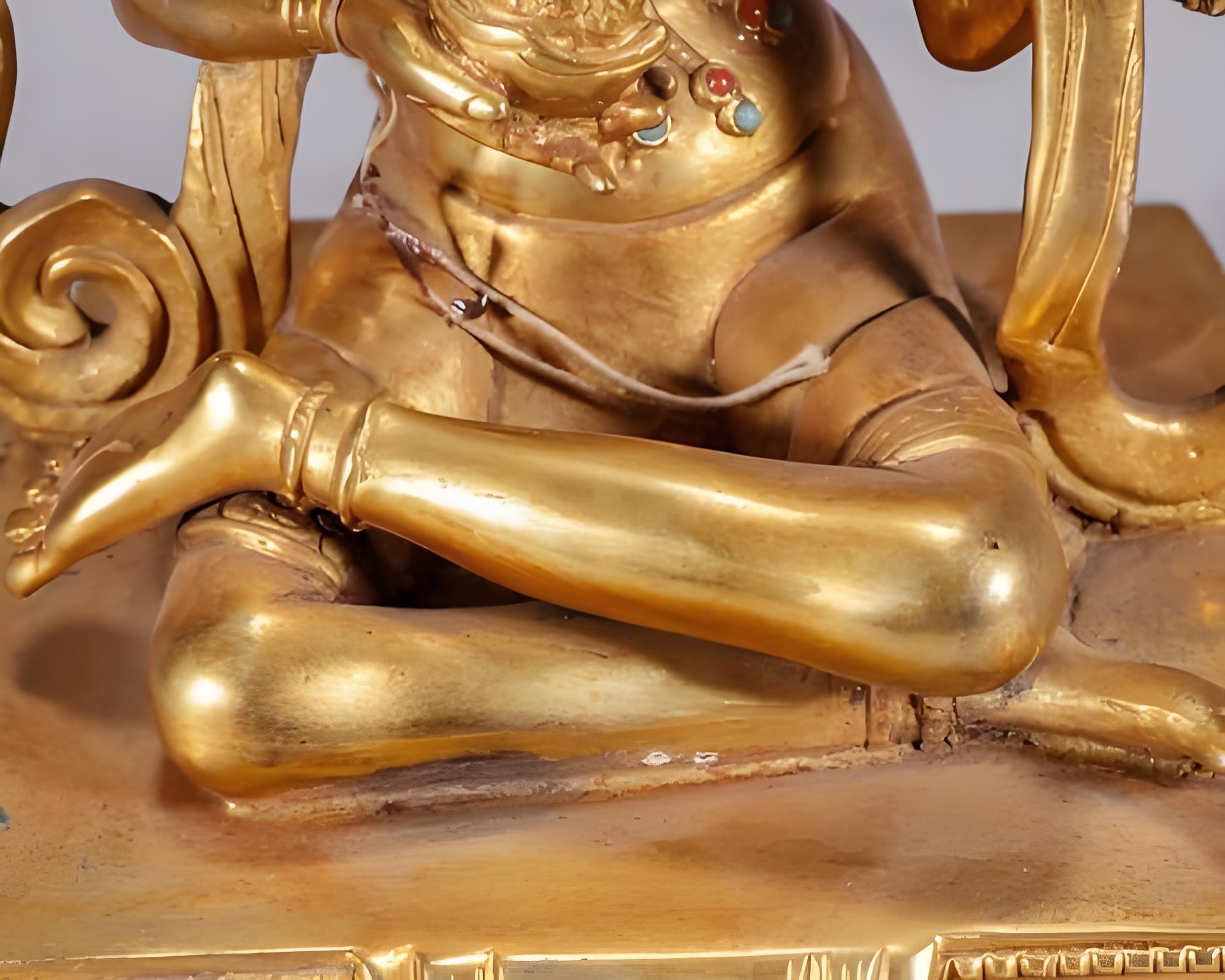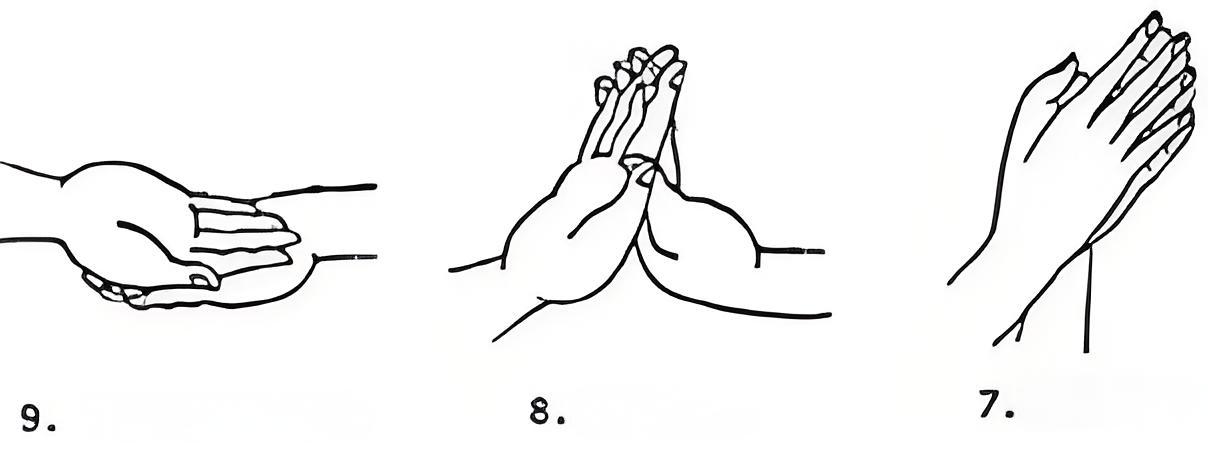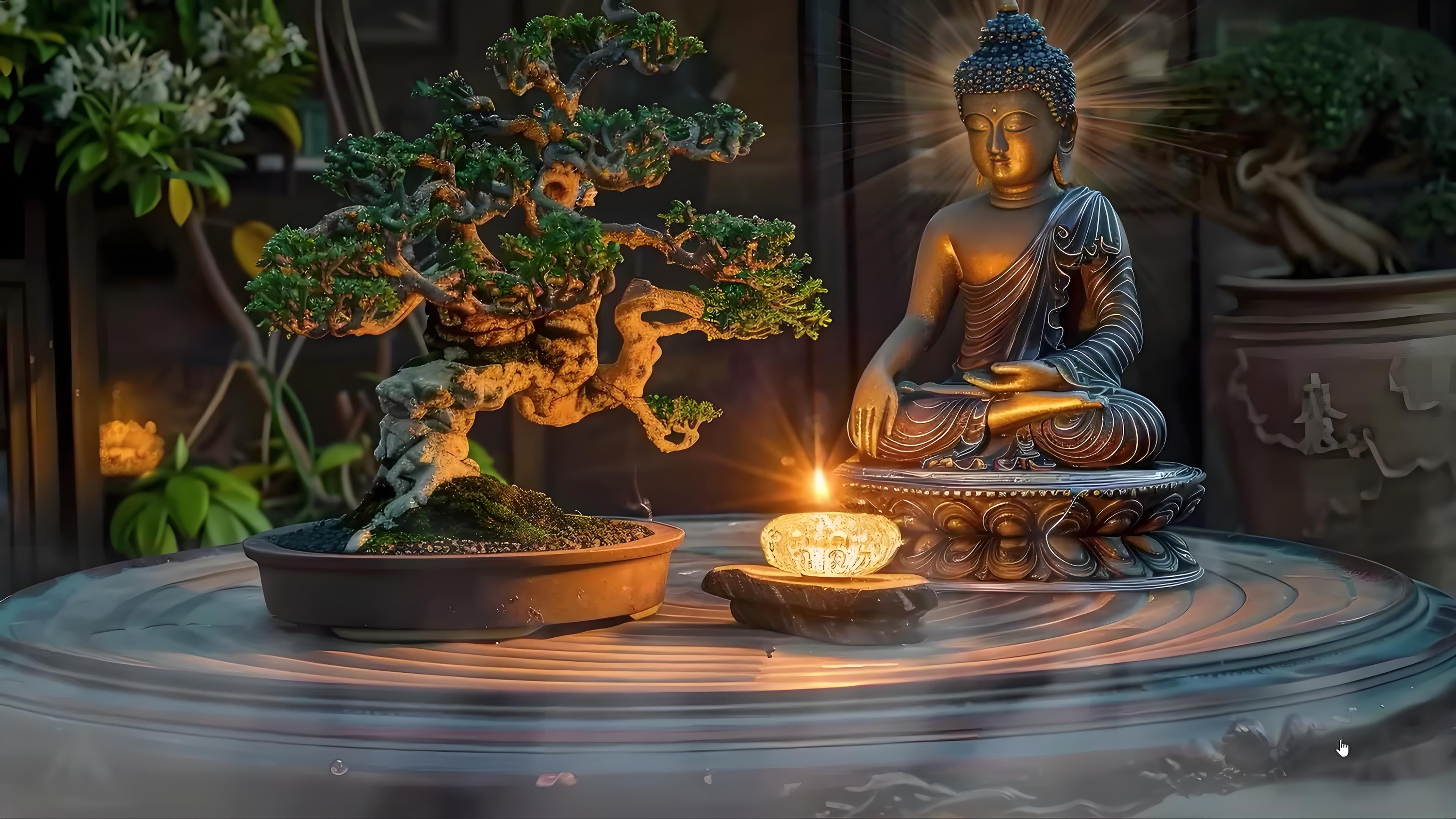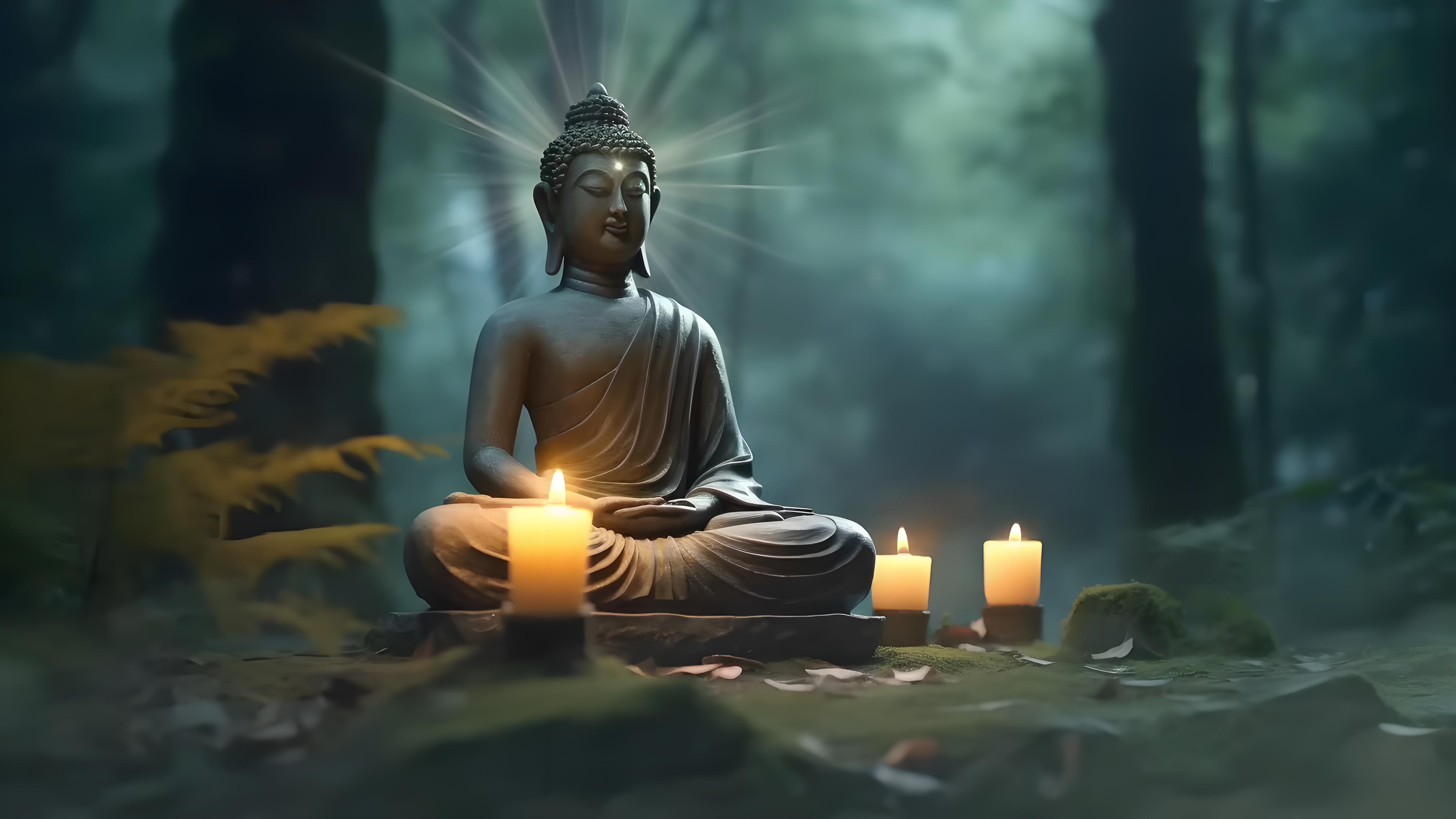type
status
date
slug
summary
tags
category
icon
password
AI summary
The Profound Simplicity of Zen Buddhism
"Having no affairs makes one noble. Just don't fabricate—remain ordinary."
This simple phrase captures the core of Zen (Zen) Buddhism. Zen teachings often appear elusive or profound, but at their heart lies a call to simplicity and stillness. To understand this essence is to realize that Zen is always within reach.
Among the Five Houses and Seven Schools of Zen, the Linji School has been particularly influential. Founded by Master Linji Yixuan, its teachings, recorded in the "Linji Lu" (Record of Linji), embody the ultimate methods of Zen practice.

What Does ‘Having No Affairs’ Mean?
Master Linji explained, “When the seeking mind comes to rest, there are no affairs.” This refers to a state where one lets go of desires and attachments. To be a person of "no affairs" is to be free from the constant pull of wanting, judging, and discriminating between right and wrong.
In Zen Buddhism, there is no need to seek something external. Masters repeatedly remind disciples, "There is not a single dharma to give to people." This is because true reality cannot be grasped or attained—it is already here, waiting to be recognized.
Seeking as Delusion
The essence of Zen is to transcend the illusions created by the mind. Desires for fame, fortune, or even enlightenment are distractions. Master Linji emphasized, “If you can stop your mind that constantly seeks, you are no different from the patriarchs.”
“Seeking fame and fortune is delusion. Discriminating between right and wrong is delusion. Even the desire to achieve Buddhahood and see one's true nature is delusion.”
Reflection: Observe moments in your life where you are driven by desires or judgments. How does letting go Zenge your experience?

No Cultivation, No Realization
Zen Buddhism advocates a practice without striving. Masters often say, “no cultivation, no realization.” This doesn’t mean there is no effort, but rather that the effort itself is effortless.
Master Linji taught: "In the Buddha Dharma, there is no place for employing effort; it's just about carrying on ordinary life without affairs."
When one lives naturally, free from delusions, that is true practice. As Master Linji said, “According to conditions, dissolve old karma; naturally put on clothes.” True Zen practice is in embracing life as it is, without attachment or aversion.
Reflection: Consider how you can engage in daily activities—working, eating, resting—without an agenda or judgment. This is “practice without practice.”
Overcoming Delusion Through Self-Mastery
A key teaching in Zen is to become “master of yourself.” When we are no longer swayed by external circumstances, we find true freedom. Master Linji asserted, "Wherever you stand, that place is true."
"Even long-standing habits and afflictions, when seen clearly, transform into liberation."
True self-mastery doesn’t mean suppressing emotions or habits but recognizing them as part of life’s natural flow. As the Sutra of Perfect Enlightenment states, "All obstacles are ultimate enlightenment."
Reflection: When you encounter stress or habit-driven actions, pause and observe. How does awareness Zenge your response?

The Practice of Turning the Light Around
"Don't continue with what has already arisen, and don't let arise what hasn't yet arisen."
In Zen practice, turning the “light” of awareness inward is fundamental. Master Linji encourages disciples to “recognize the person who manipulates these light and shadows.” Here, “light” symbolizes awareness, while “shadows” represent transient phenomena.
Master Xiangyan Zhixian described this as “temporarily turning the light around.” When we see our own delusive thoughts clearly, they dissolve along with awareness, leaving only peace.
Reflection: Spend a moment each day simply observing your thoughts without attachment. This “turning the light around” can reveal a deeper state of calm and clarity.
Living in the Present: The True Meaning of ‘Mind is Buddha’
The Sixth Patriarch said, “Mind is Buddha.” This points to a mind free from delusion, where thoughts arise and pass without attachment.
“When previous thoughts don’t arise, that is mind; when subsequent thoughts don’t cease, that is Buddha.”
In this state, everything is precisely as it is. There is no need to seek or Zenge anything, for all phenomena are expressions of Buddha-nature.

Practice Without Practice
In Zen, the path is not about accumulating knowledge or achieving a goal but about realizing what is already present. Master Linji said, "Just recognize the person who manipulates these light and shadows—this is the source of all Buddhas and the place where practitioners of the Way return home."
Zen Buddhism teaches that enlightenment is not somewhere far away or after years of practice. It is here, in the present, whenever we release attachments and simply live with “no affairs.”
Call to Action: Start by observing moments when you’re driven by seeking or attachment. Practice letting go, and experience the peace of “having no affairs” for yourself.
上一篇
The True Nature of Spiritual Awakening: A Complete Guide Beyond Mystical Experiences
下一篇
5 Profound Buddhist Sayings to Bring Peace and Wisdom into Your Life
Loading...






